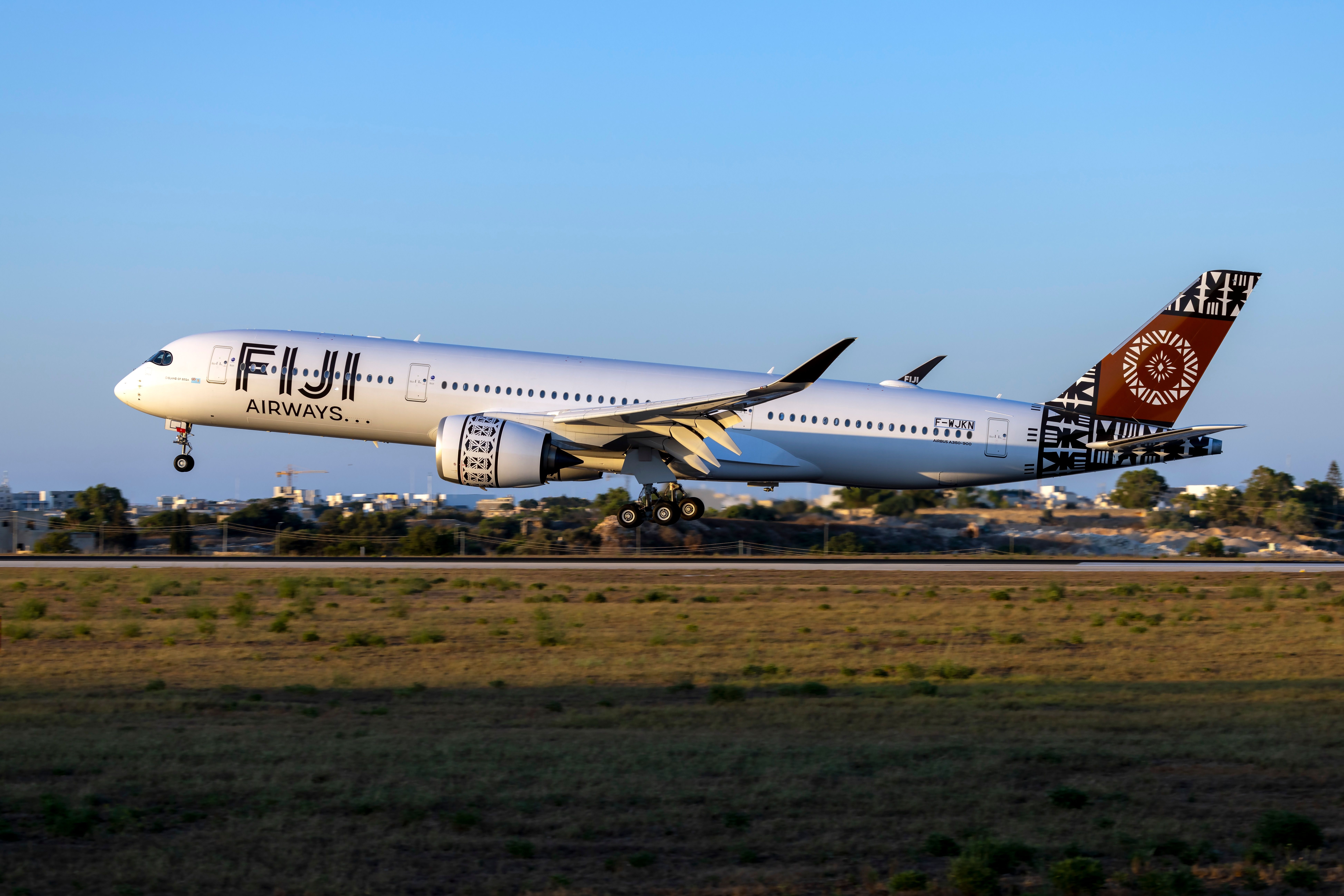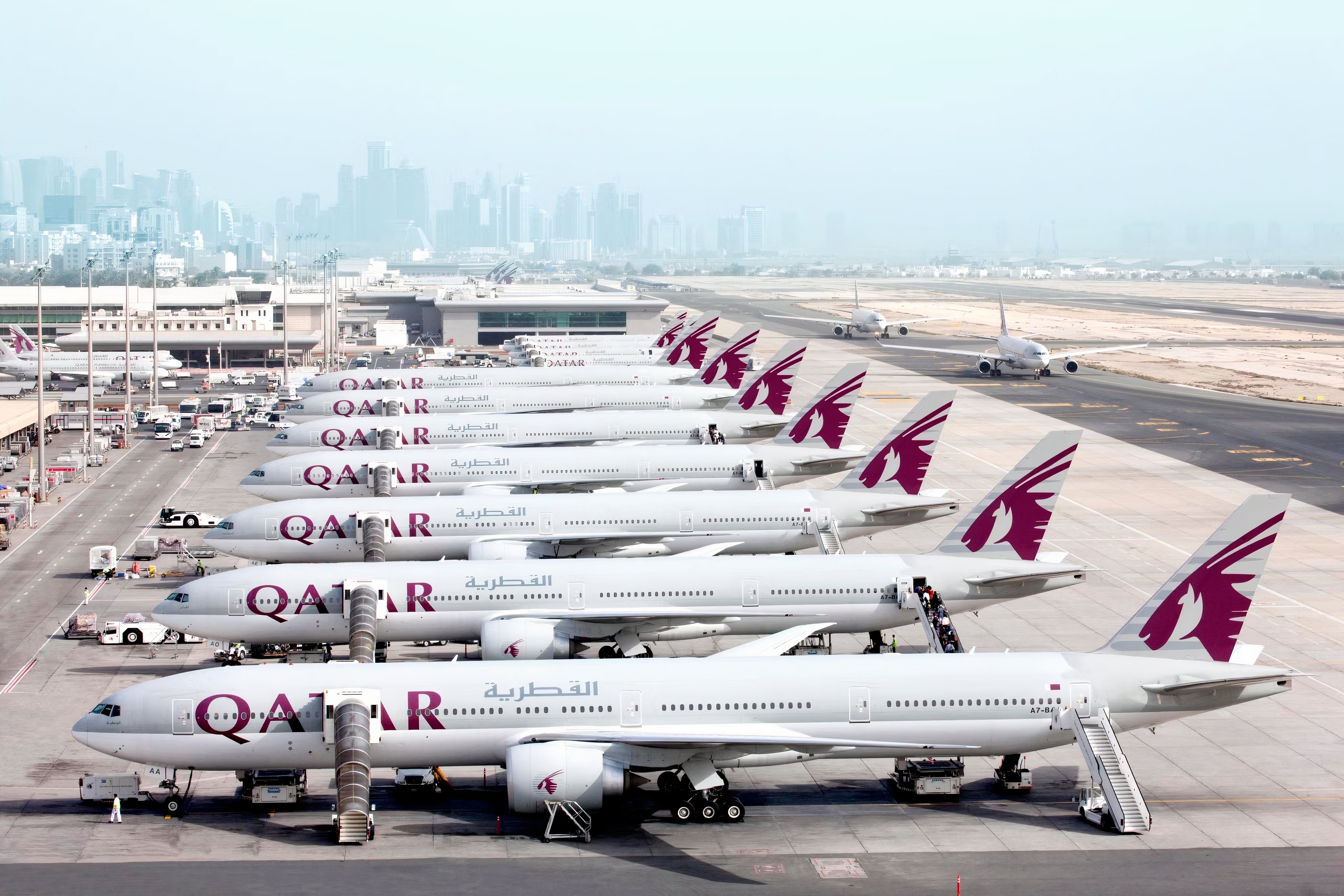Tuesday, August 20, 2024 In Scotland , the temporary removal of peak rail fares, a measure designed to encourage a shift from car travel to rail, is set to end on September 27. Transport Scotland, which subsidized the initiative for a year, has announced that the return of peak fares will bring higher costs for thousands of commuters. Despite initial hopes, the pilot scheme did not achieve the desired impact, with only a limited increase in rail passengers.
This decision marks a significant change in Scotland’s approach to managing public transportation and will have notable effects on the travel industry. The pilot program, which eliminated peak fares for a year, was part of a broader strategy to encourage more people to choose trains over cars, thereby reducing traffic congestion and carbon emissions. However, Transport Scotland officials reported that the scheme did not meet its primary goal of encouraging a significant modal shift.

While there was an increase in passenger levels, peaking at around 6.8%, it fell short of the 10% increase needed for the policy to be financially sustainable. Cabinet Secretary for Transport Fiona Hyslop acknowledged that the pilot had provided financial relief for many passengers, especially during the cost of living crisis.
However, she also noted that the subsidy required to maintain the reduced fares could not be justified in the current economic climate. The primary beneficiaries of the scheme were existing train passengers, particularly those with medium to higher incomes, rather than a broader cross-section of the population. This outcome led to the decision to reinstate peak fares, albeit with some additional support measures.
The reintroduction of peak fares is expected to have a significant impact on daily commuters who rely on rail travel during peak hours. For those who cannot alter their travel times, the return of higher fares may pose a financial burden. In response, the Scottish Government has announced a 12-month discount on all ScotRail season tickets, aiming to mitigate the impact on regular commuters.
Additionally, the terms of flexipasses will be permanently amended to offer a 20% discount, allowing for 12 single journeys for the price of 10, to be used within 60 days. Super off-peak tickets will also be reintroduced, offering more affordable options for those who can travel outside of peak times. For the travel industry, particularly in Scotland, this change represents a shift in how public transportation is funded and utilized.
The initial removal of peak fares was seen as a potential model for other regions, demonstrating how pricing strategies could influence travel behavior. However, the limited success of the scheme may prompt other regions to reconsider similar initiatives. The reintroduction of peak fares could lead to a decrease in rail usage, potentially reversing any environmental benefits gained during the pilot period.
Scant bullet points: The outcome of Scotland’s pilot scheme to remove peak fares and its subsequent reversal may have broader implications for global travel and public transportation policies. Other countries and regions considering similar measures will likely take note of Scotland’s experience. The limited increase in rail passengers suggests that simply reducing fares may not be enough to encourage a significant shift away from car travel.
This insight could influence future transportation policies worldwide, as governments seek more effective ways to reduce traffic congestion and promote sustainable travel options. Moreover, the financial challenges highlighted by this pilot program underscore the difficulties of maintaining public transportation subsidies, particularly in times of economic uncertainty. As governments around the world grapple with budget constraints, the Scottish experience may lead to a reevaluation of how best to balance affordability, accessibility, and sustainability in public transportation systems.
The return of peak rail fares in Scotland marks a significant moment in the country’s public transportation policy. While the pilot scheme offered a glimpse of what could be achieved with reduced fares, its limited success has prompted a rethinking of how best to encourage a shift from car to rail travel. The Scottish Government’s decision to introduce discounts on season tickets and flexipasses demonstrates a commitment to supporting regular commuters, even as the broader initiative comes to an end.
This development will be closely watched by other regions, with potential implications for global travel policies in the years to come..



















